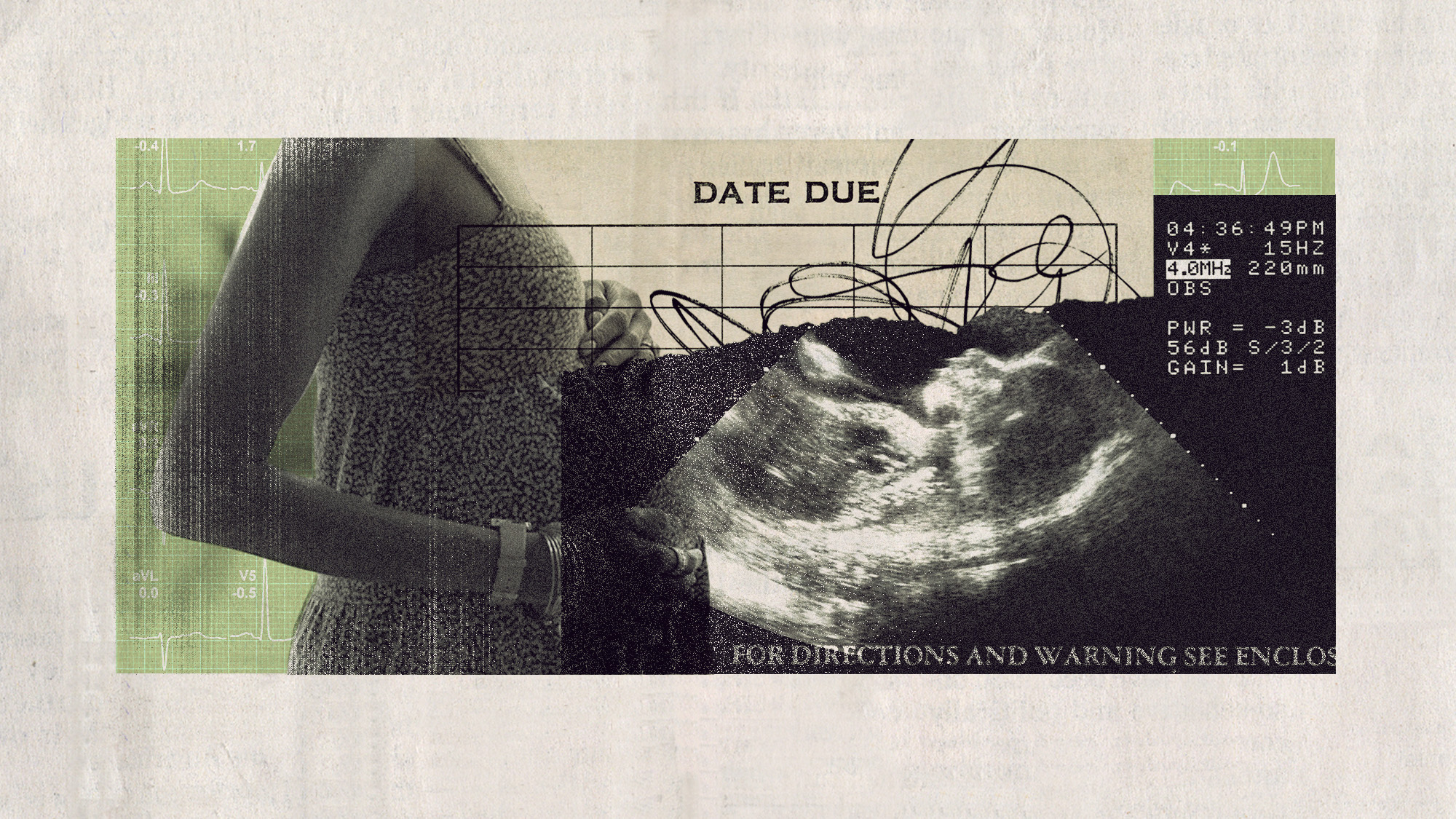Health
Urgent Call for Regulation as Unqualified Clinics Risk Pregnancy Scans

Concerns are mounting over the safety of pregnancy scans at unregulated clinics, which may put expectant mothers and their babies at risk. The Society of Radiographers (SoR) has raised alarms about the increasing number of high-street clinics allowing non-specialists to perform ultrasound scans, highlighting the urgent need for regulatory measures.
The SoR emphasizes that anyone can purchase an ultrasound machine and label themselves a sonographer, leading to potentially dangerous practices. Unregulated clinics have been linked to incorrect diagnoses, leaving some pregnant women misinformed about serious health conditions. In one instance, a woman was told by a private clinic that her eight-week-old fetus was “very malformed” and had no heartbeat. This led to a referral for an induced miscarriage. However, an NHS scan revealed a healthy pregnancy with a heartbeat, illustrating the serious consequences of inadequate training and oversight.
The issue extends beyond mere misinformation. According to the SoR, significant fetal abnormalities such as spina bifida and polycystic kidneys could be overlooked. More alarmingly, life-threatening conditions like ectopic pregnancies, where the fertilized egg implants outside the womb, might not be detected.
Growth of Unregulated Clinics
The SoR has expressed particular concern about the proliferation of pop-up clinics in shopping centers and urban areas that prioritize profit over patient safety. These establishments often provide “souvenir” images or early gender reveals, catering to the emotional needs of expectant parents while neglecting essential medical standards.
Katie Thompson, president of the SoR and an experienced hospital sonographer, stated, “People don’t realize that anybody can buy a machine and call themselves a sonographer.” This alarming reality has prompted the SoR to advocate for the introduction of a protected job title for sonographers, ensuring that only qualified individuals can perform such critical procedures.
Expectant mothers often gravitate towards these unregulated clinics for various reasons. Private scans are marketed as reassurance tools, offering detailed 3D or 4D images that are not typically available through NHS scans. Many parents seek earlier gender reveals than the standard 20-week NHS scan, while some feel anxious during the wait for the first routine NHS scan at 12 weeks and turn to private services for immediate comfort.
Exploitation of Maternal Fears
Critics argue that these unregulated clinics are capitalizing on the anxieties of expectant mothers. As Eva Wiseman noted in The Guardian, the ability to see an image of the unborn child can be incredibly enticing, leading to the rapid growth of private scanning businesses.
While some private clinics provide high-quality services with properly trained staff, the lack of regulation leaves many vulnerable to misinformation and emotional distress. The SoR’s calls for reform highlight the urgent need for legislative action to ensure that all sonographers are properly trained and registered with a regulatory body.
As the discussion continues, the safety of expectant mothers and their babies remains paramount. Without appropriate regulatory measures, the risks associated with unqualified pregnancy scans may continue to grow, endangering lives in the process.
-

 Technology4 months ago
Technology4 months agoDiscover the Top 10 Calorie Counting Apps of 2025
-

 Health2 months ago
Health2 months agoBella Hadid Shares Health Update After Treatment for Lyme Disease
-

 Health3 months ago
Health3 months agoErin Bates Shares Recovery Update Following Sepsis Complications
-

 Technology4 weeks ago
Technology4 weeks agoDiscover 2025’s Top GPUs for Exceptional 4K Gaming Performance
-

 Technology2 months ago
Technology2 months agoElectric Moto Influencer Surronster Arrested in Tijuana
-

 Technology4 months ago
Technology4 months agoDiscover How to Reverse Image Search Using ChatGPT Effortlessly
-

 Technology4 months ago
Technology4 months agoMeta Initiates $60B AI Data Center Expansion, Starting in Ohio
-

 Technology4 months ago
Technology4 months agoRecovering a Suspended TikTok Account: A Step-by-Step Guide
-

 Health4 months ago
Health4 months agoTested: Rab Firewall Mountain Jacket Survives Harsh Conditions
-

 Lifestyle4 months ago
Lifestyle4 months agoBelton Family Reunites After Daughter Survives Hill Country Floods
-

 Technology3 months ago
Technology3 months agoUncovering the Top Five Most Challenging Motorcycles to Ride
-

 Technology4 months ago
Technology4 months agoHarmonic Launches AI Chatbot App to Transform Mathematical Reasoning
















